Professional Courses
Industry-relevant training in Business, Technology, and Design
Categories
Interactive Games
Fun games to boost memory, math, typing, and English skills
Typing
Memory
Math
English Adventures
Knowledge
JEE Main Attempts for OBC Category: What to Know
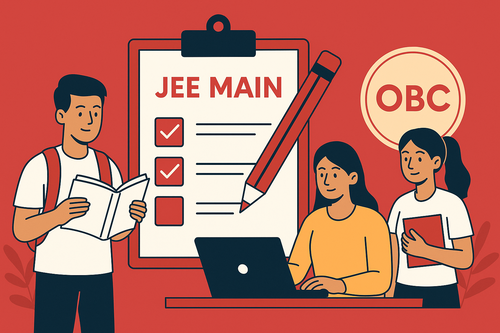
The JEE Mains exam is a major milestone for aspiring engineers across India. For candidates from the OBC (Other Backward Class) category, the rules around attempts, eligibility, and benefits can sometimes feel unclear.
If you’re from the OBC category, this guide is your go-to resource. We’ll break down everything you need to know, including:
- How many attempts OBC candidates get in JEE Mains
- Differences in age and eligibility criteria
- Reservation benefits and what they actually mean
- Mistakes to avoid while applying
- Strategic tips for maximizing your chances
Whether you’re still in school or planning a drop year, it’s crucial to understand your rights, your limits, and your opportunities.
Let’s break it down.
How Many Times Can OBC Candidates Attempt JEE Mains?
Contrary to popular belief, OBC category candidates do not get extra attempts for JEE Mains.
The rule is the same for everyone:
- You can appear in JEE Mains for 3 consecutive years starting from the year of passing Class 12
- Each year has 2 sessions (January and April)
- This gives a total of 6 possible attempts
So if you passed Class 12 in 2024, you can attempt:
- 2024 (January & April)
- 2025 (January & April)
- 2026 (January & April)
That’s your complete attempt window—whether you’re General, OBC, SC/ST, or EWS.
While OBC does not affect the number of attempts, it does offer other critical advantages. Let’s explore those next.
Do OBC Candidates Have a Relaxed Age Limit?
For JEE Mains, the NTA has no upper age limit for any category—including OBC.
This means:
- You can appear for JEE Mains regardless of your age, as long as you meet the year-of-passing rule (within 3 years of Class 12)
- There is no extra age relaxation for OBC in JEE Mains
However, if you qualify for JEE Advanced, that’s where the age limit matters:
- General candidates must be born on or after October 1, 2000
- OBC-NCL candidates get a 5-year relaxation — i.e., born on or after October 1, 1995
So while age doesn’t affect your JEE Mains attempts, it does impact JEE Advanced eligibility for OBC candidates.
OBC-NCL vs. OBC: Know the Difference
Many students lose out on benefits simply because they misunderstand this one thing.
To claim OBC reservation in JEE:
- You must belong to the OBC-NCL (Non-Creamy Layer) category
- Your family income should be below ₹8 lakhs per annum
- You must have a valid OBC-NCL certificate issued within the past year
If you're from the OBC Creamy Layer, you fall under the General category for JEE purposes and won’t receive reservation benefits.
Always double-check your income status and ensure your certificate is recent and valid.
What Reservation Do OBC Candidates Get in JEE?
OBC-NCL candidates get 27% reservation in:
- NITs
- IIITs
- CFTIs
- GFTIs
- Other institutions under JoSAA counseling
This reservation applies only if you meet the cutoff score for your category.
There is also a separate merit list for OBC-NCL candidates, so you’re not directly competing with General candidates.
This is one of the biggest advantages of applying under the OBC category—a significantly lower cutoff for the same seat.
Understanding Cutoff Relaxation for OBC Candidates
Here’s how the cutoff benefits actually look:
- If the General cutoff is 90 percentile
- The OBC-NCL cutoff may be around 75–80 percentile
- This means you may qualify for JEE Advanced or NITs with a score that would not work under General category
Cutoffs change each year based on difficulty level and competition, but the trend is consistent: OBC candidates benefit from a 10–15 percentile relaxation.
However, these cutoffs are not automatic—you still need to fill in OBC-NCL status correctly in your application.
What Happens If You Miss a Session?
Let’s say you skip the January session. Will that count as a lost attempt?
No. You can choose to appear in either January, April, or both.
Each session is optional, and only your best score from the two is used for final merit and rank calculation.
But if you're a dropper, time becomes limited. Missing sessions reduces your chances unnecessarily.
Smart strategy for OBC droppers:
- Attempt both sessions every year
- Use January for practice, April for performance
- Make sure OBC certificate is ready before registration
Tips to Maximize Your JEE Mains as an OBC Candidate
1. Keep Your Certificate Updated
Your OBC-NCL certificate must be:
- Dated within 1 year before registration
- Issued by a competent authority
- Correct in caste spelling, format, and jurisdiction
Scan and save both a digital and physical copy.
2. Apply Early for Each Session
Seats for centers, cities, and shifts fill up fast. Apply as soon as registration opens to avoid last-minute stress or travel issues.
3. Aim Higher Than the Cutoff
While reservation offers a relaxed cutoff, don't rely on the bare minimum.
For top NITs and IIITs under OBC-NCL, aim for:
- 180+ marks or 95+ percentile
- Focus on your strongest subject to push rank
4. Don’t Skip Any Year
Even if you feel underprepared, take the session. Real exam experience is better than any mock test.
Every session gives:
- A chance to improve
- Real-time performance analytics
- Confidence for future attempts
5. Use Drop Year Strategically (If Needed)
If you’ve exhausted one year and didn’t get the college or branch you wanted, you still have 2 more eligible years.
But only drop if:
- You have a clear plan
- You're improving in mocks
- You’re ready to treat prep like a full-time job
What If My OBC Certificate Is Delayed?
You can:
- Apply under General category temporarily
- Upload a self-declaration if allowed by NTA
- Update to OBC-NCL during JoSAA counseling, if permitted
But note: if you can’t prove your OBC-NCL status during final admission, you’ll lose the reservation benefits.
Always try to arrange your certificate well before the registration window.
FAQs on JEE Main Attempts for OBC Category
Do OBC candidates get more attempts than General?
No. All candidates—General, OBC, SC, ST—get the same number of attempts: 3 years × 2 sessions = 6 attempts
Does OBC reservation apply to JEE Advanced too?
Yes. If you qualify for JEE Advanced, OBC-NCL candidates also get reservation in IIT admissions, with similar documentation requirements.
Can I change my category after registration?
Usually no. You can’t change category once the application is submitted. Make sure to get your documents in place before applying.
Is there a separate cutoff for OBC in every state?
JEE Mains is a national exam, so the OBC cutoff is common across India. State counseling may have additional quotas—check those separately.
Final Thoughts
Understanding jee main attempts for OBC category helps you take full advantage of what’s available to you—not just in terms of seats, but in confidence, planning, and peace of mind.
To recap:
- OBC candidates get equal attempts, but lower cutoffs and 27% reservation
- OBC-NCL status must be correctly documented
- Use all sessions strategically—don’t skip
- Aim high, not just to qualify, but to secure your ideal college and branch
With smart planning and the right mindset, you can turn reservation into real opportunity—and JEE Mains into your success story.

Learn how negative marking works in JEE Main 2025 and how to avoid it with practical, proven strategies.

Learn how to prepare for JEE Main 2025 with a proven, winning strategy. Get a detailed plan, subject-wise tips, and...

Learn the chapter-wise weightage for JEE Main 2025 across Physics, Chemistry, and Maths. Prioritise smartly and...

Discover the most important chapters for JEE Main 2025 across Physics, Chemistry, and Maths. Focus your prep smartly...

Discover top JEE Main books for Physics, Chemistry & Maths. Learn how NCERT & reference books pair with AllRounder.
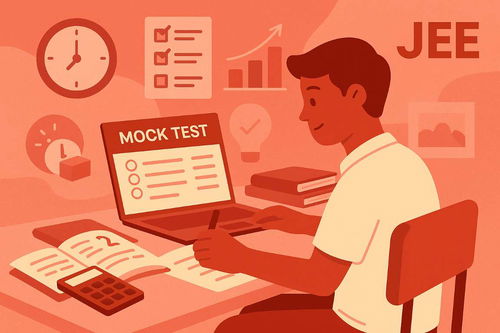
Looking for free JEE Main mock tests to boost your preparation? Discover the best platforms, tips, and strategies to...

Discover what scores and percentiles are needed to secure seats in top NITs, IIITs, and GFTIs. Learn how category...
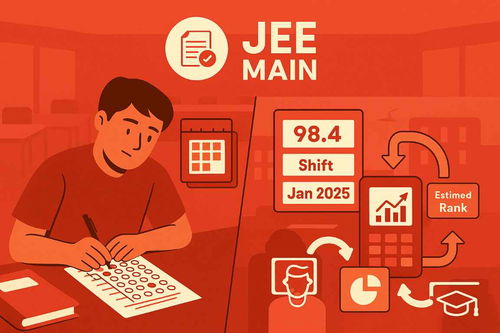
Understand the exact difference between JEE Main percentile and rank. Learn how scores are normalized across...

Understand the JEE Main scoring system to maximize your result. Learn the marking scheme, how to handle negative...

Confused about the JEE Main attempt limit? This guide clarifies how many times you can appear, the eligibility...

Wondering how many times you can appear for JEE Mains? This guide explains the total attempts allowed, session...
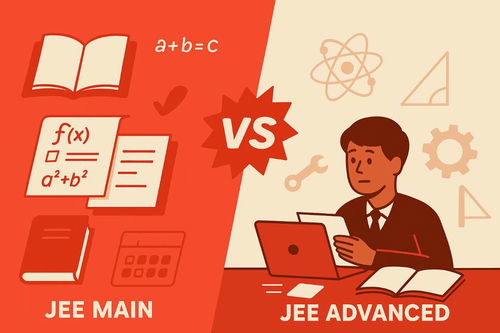
Discover the key differences between JEE Main and JEE Advanced in terms of syllabus, pattern, difficulty, and prep...

Confused about JEE Main qualification rules? This blog gives you a detailed checklist of eligibility criteria,...

Explore this simple, step‑by‑step guide to the JEE Main counselling process. Learn how to register, fill choices,...

Curious about how many times SC students can attempt JEE Main? This complete guide covers JEE Mains attempt rules,...

Want to score 200+ in JEE Main? This practical guide gives you proven tips, subject-wise strategies, mock test...

Wondering how the JEE Main exam is structured? This complete guide breaks down the official JEE Main exam pattern...
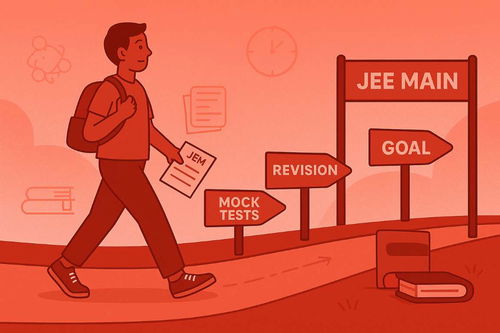
Learn how to crack JEE Main on your first attempt with proven strategies. This guide covers planning, conceptual...
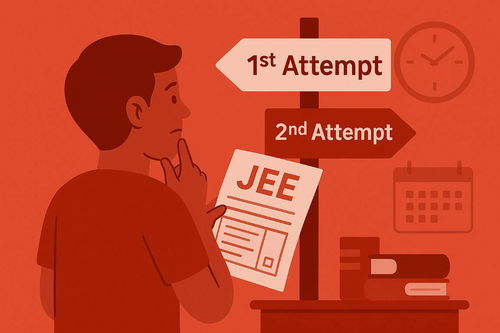
Learn how many JEE Main attempts you can take after Class 12. This guide covers eligibility, attempt limits, subject...
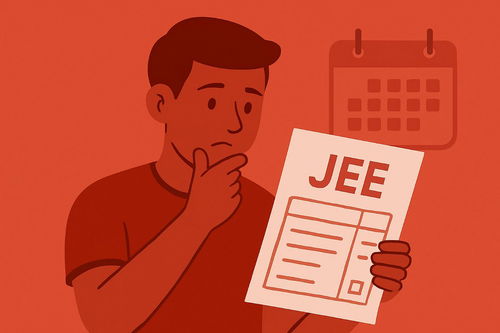
Learn about the JEE Main age limit requirement and key eligibility rules. Understand the attempt policy, Class 12...

Discover the most important topics for the JEE Main exam in Physics, Chemistry, and Mathematics. Learn subject-wise...
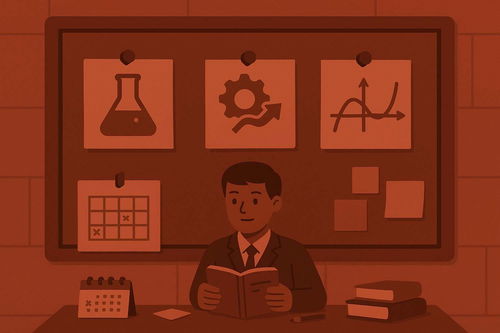
Get a subject-wise preparation strategy for JEE Main step-by-step using smart tips and trusted resources from AllRounder.ai.

Looking to score high in JEE Main 2026? Discover expert preparation tips on creating smart study plans, mastering...

Confused about JEE Mains eligibility? This detailed guide explains JEE Mains eligibility criteria including...
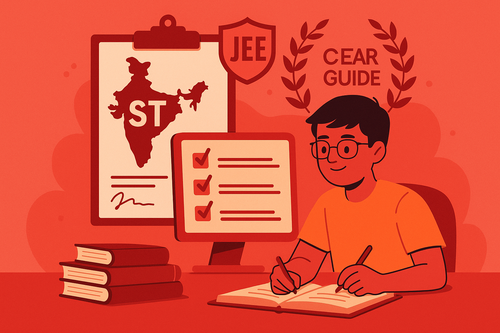
Confused about JEE Main Attempts for ST Category? This detailed guide covers attempt limits, age relaxations,...
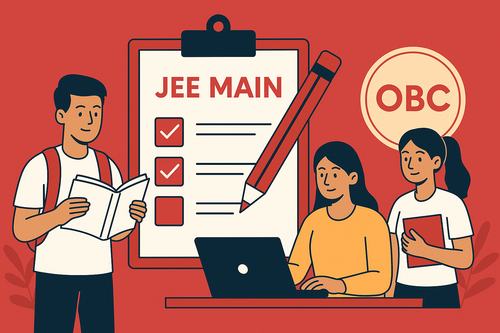
Wondering how many times OBC candidates can appear for JEE Mains? This detailed guide explains JEE Main Attempts for...

Dropping a year for JEE Mains? This in-depth strategy guide helps droppers optimise their JEE Main attempts with...

Confused about how many times you can appear for JEE Main? This guide explains the number of JEE attempts, session...
Resources
-
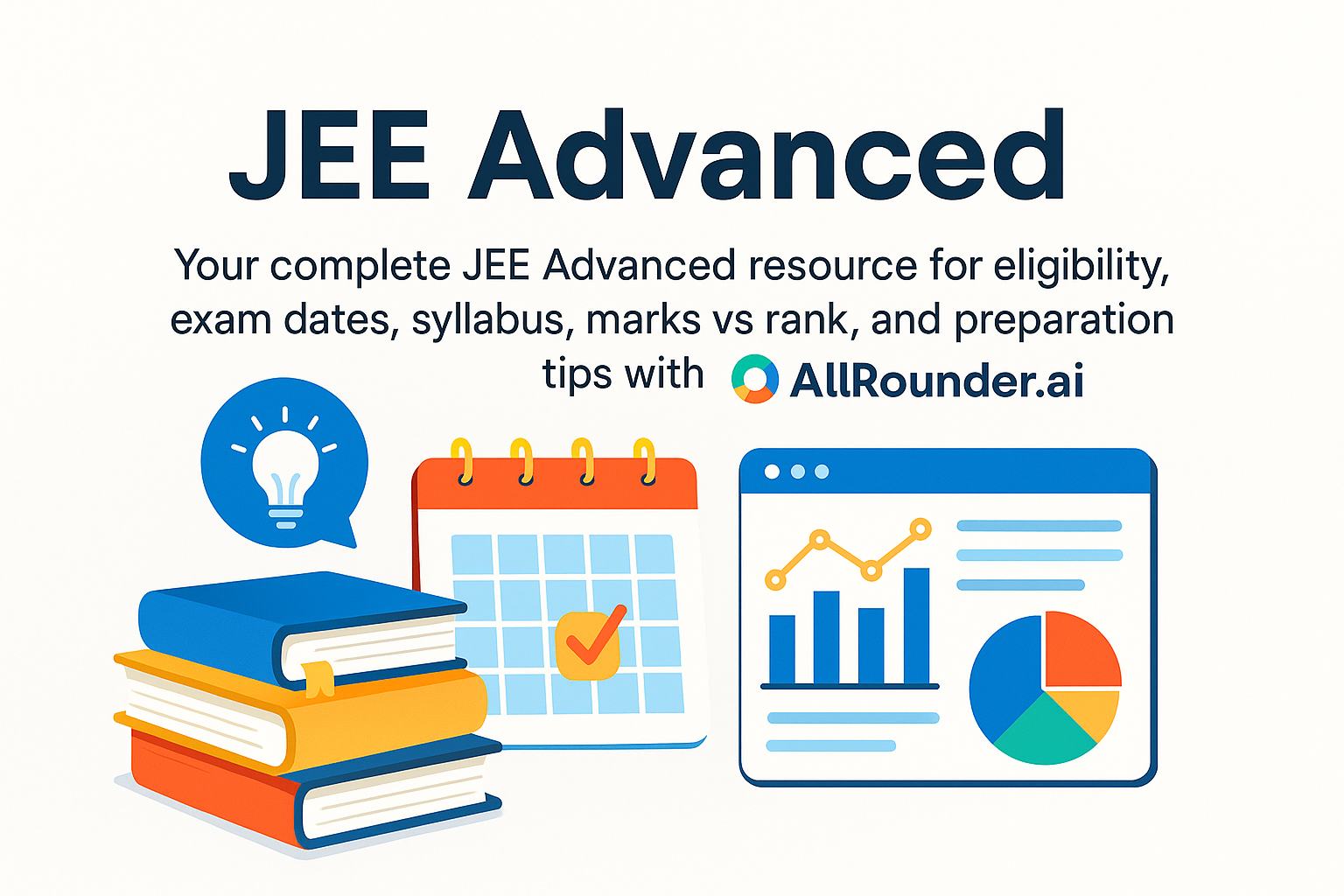
Your complete JEE Advanced resource for eligibility, exam dates, syllabus, marks vs rank, and...
-
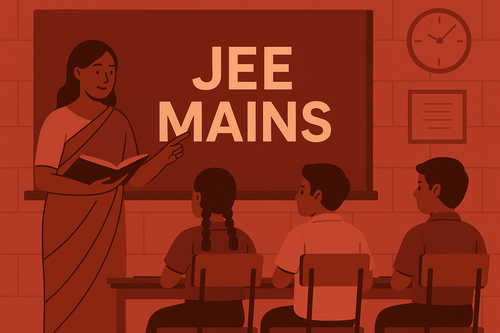
Understand the entire JEE Main process, from application and eligibility rules to the exam...
-

Explore the IB Board – a global curriculum emphasizing holistic, student-centered learning...
-

Learn about CBSE – India’s national school board offering a standardized curriculum, NCERT...
-

Explore everything about the ICSE board – its curriculum, subjects, exam format, and academic...
